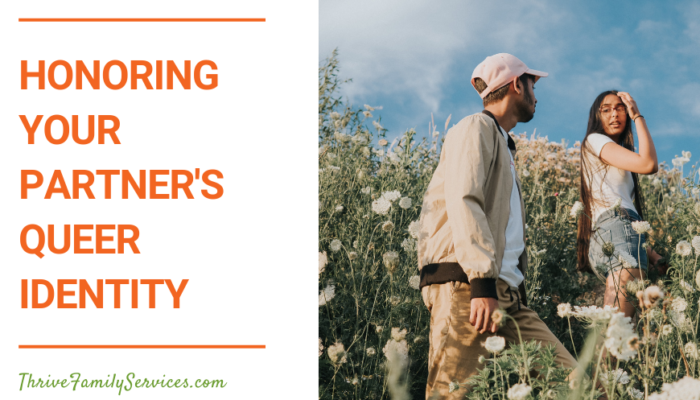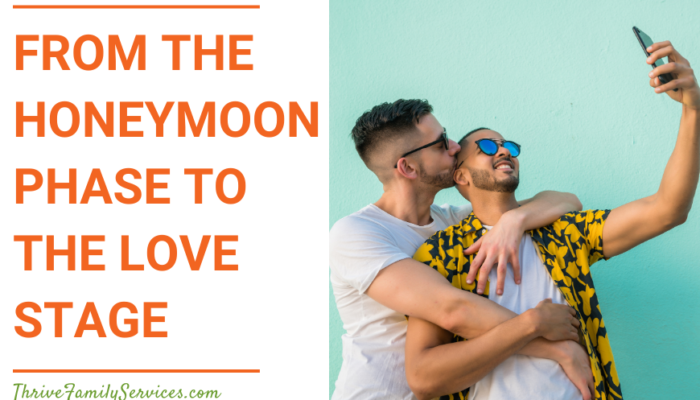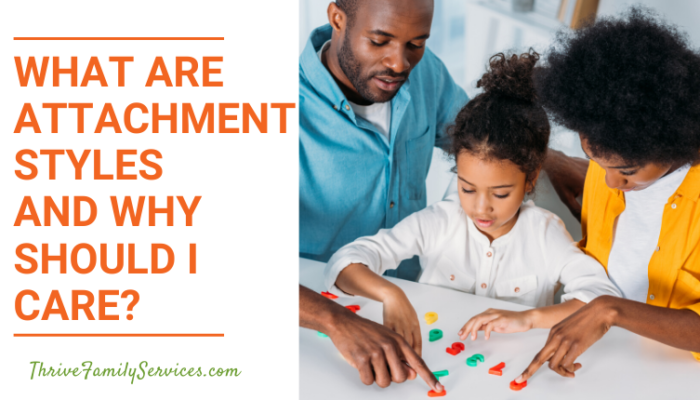If you are a straight person, in a relationship with a queer person, what does that mean for your relationship?
There are a lot of uncertainties that can come up with what are commonly referred to as “mixed orientation relationships.” When you Google the phrase, you get a lot of articles about “making it work” or “saving the relationship” when one partner comes out as queer.
This often comes from a basic lack of understanding of various queer sexualities. Pervasive stereotypes about queer folks, particularly bisexual and pansexual folks, are things like:
- It’s a phase to grow out of
- They are “greedy”
- They’re sexually promiscuous
- They’re more likely to cheat on their partners
- They’ll never be satisfied
Just as with many harmful stereotypes, these are rooted in fear. Most likely, fear of not being enough for one’s queer partner. If your partner is attracted to more than one gender, why did they choose you instead of someone of a different gender? How will they be satisfied with just you, when their attraction is so expansive?
This fear, like all of your other feelings, isn’t the problem. It’s actually useful information!
As relational therapists, we see these fears as an opportunity for communication with your partner. Rather than internalizing them, or trying to process them on your own, opening up to your partner about them can strengthen your connection, communication, and help you expand your thinking.
These fears come up in all kinds of relationships:
- What if I’m not enough?
- Or what if I’m not worthy?
- What if I’m not lovable?
- How could I ever make them happy?
In EFT, we know we make our relationships stronger when fears can be held together, and that it’s OK to get scared with our most important relationship – that’s how we know it really matters.
Listen to the fears you have, but instead of taking them as fact, ask yourself what they are telling you about yourself. In this hypothetical case, they might be telling you that you are feeling insecure in your relationship.
This fear that you aren’t enough is probably not actually about your partner’s sexuality, but about your own fears. We all have fears. Can you share yours and receive reassurance from your partner?
Committing to learning from your fears and growing beyond them is a wonderful way to honor your connection with your partner, and show them you’re committed to healthy problem solving. You can do this by having a conversation (or, probably, more than one) with your partner about these fears. Ask them:
- If they feel their queerness is honored in your relationship
- What they are looking for in a satisfying partner/relationship (no matter the gender)
- What draws them to you
Just these few questions can help clear the way for open and honest communication. And addressing the needs and expectations within your relationship directly can help to assuage those fears of not being enough.
It’s also helpful to remember that relationships don’t have sexualities – people do.
If you are a different gender than your partner, they aren’t betraying their queer identity by being in a “straight relationship.” Just as a relationship between a gay woman and pansexual woman is not a “lesbian relationship” a relationship with a straight woman and a bisexual man is not a “straight relationship.” We can’t use people’s individual identities to describe their relationships with others. You are straight, and your partner is queer, and neither of those facts are changed when you enter into a relationship with one another.
What if you’re looking to celebrate your partner’s identity?
Because relationships with partners of different genders are often mislabeled as “straight relationships” your partner may feel as though their identity is being erased or ignored. And while it likely isn’t intentional, it can make your queer partner feel like they are constantly put in the awkward and uncomfortable position of having to constantly come out, defend their sexuality, or choose to once again “let it slide” and accept that part of their identity won’t be seen.
Letting your queer partner know you don’t see their sexuality as a problem to solve or something to ignore, but rather something you value because it is a part of them, is an essential part of making your relationship a safe space for them.
Queerness, afterall, is so much more than sexual or romantic identity.
You can start to explore and honor your partner’s queerness in your relationship simply by talking about it. Ask questions like:
- What does being queer mean to you?
- When do you feel most connected to your queerness?
- Are there ways you’ve tamped down or ignored your queerness in our relationship?
- Are there ways you’d like to explore or express your queerness in our relationship?
- What does having a straight partner mean for you?
- How can I celebrate your queerness in our relationship?
Do you need support opening up these conversations within your relationship? Our Greenwood Village Counselors can help!




